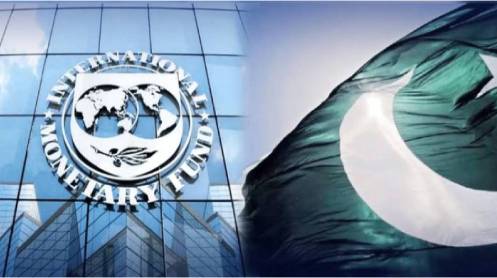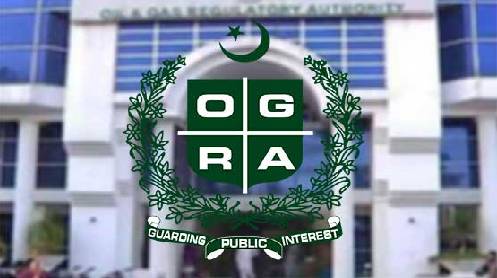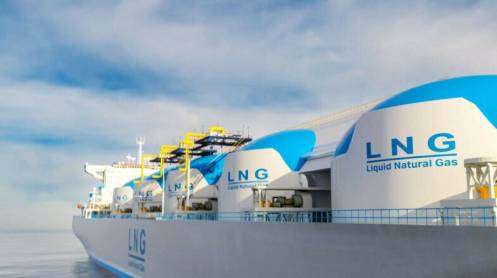ISLAMABAD: Pakistan’s $6–7 billion refinery upgrade programme has hit a major hurdle as the International Monetary Fund (IMF) once again rejected government proposals on sales tax exemptions for petroleum products, casting uncertainty over the country’s largest-ever energy sector overhaul.
The decision came during talks between the IMF review mission and senior Petroleum Division officials on Monday. According to officials, the IMF remains opposed to partial or zero-rating of sales tax on petroleum products and associated upgradation machinery, insisting instead on a uniform 18% General Sales Tax (GST).
The government had sought reduced sales tax rates of 0–3% to provide financial space to domestic refineries. Officials warned that applying the full 18% GST would translate into a Rs45 per litre hike in petrol and diesel prices—politically and economically untenable.
The deadlock stems from the Finance Bill FY25, which eliminated GST on petroleum products to ease consumer prices but simultaneously blocked refineries from claiming input tax adjustments, undermining their upgrade financing models. The issue persisted in the FY26 budget, further stalling refinery modernisation plans.
To offset immediate losses, the government temporarily raised the Inland Freight Equalisation Margin (IFEM) by Rs1.87 per litre, offering limited recovery against Rs35 billion in refinery losses. However, industry stakeholders stress this is only a short-term fix and have urged clarity on the tax regime to restore investor confidence and unlock international financing.
Story by Khalid Mustafa







